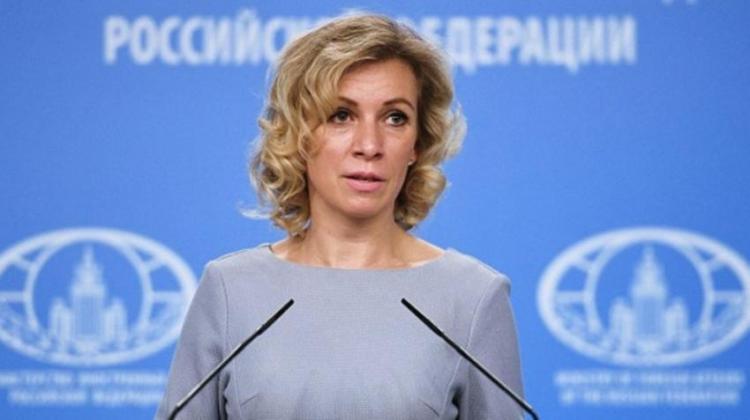Moscow: No to the safe zone, yes to Damascus-Kurdish dialogue
Moscow – North-Press Agency
Fahim al-Sorani
Moscow has been closely following the developments in northeastern Syria, in light of Turkey’s readiness to establish what it calls a “safe zone”, along with the United States and under its supervision.
While the Russian rejection of such a step was announced by the Russian foreign ministry spokeswoman Maria Zakharova, who warned of what she called attempts to separate northeastern Syria, and indirectly warned Ankara and Washington of the repercussions of this step.
Zakharova stressed that it is unacceptable to cut off the Syrian territories under any pretext, including countering terrorism, noting that Damascus has proven its ability to combat it.
She also stressed the need to solve problems in those areas based on the Syria’s sovereignty and through dialogue between Damascus and the Kurds.
Commenting on this issue, the Russian-Arab relations expert Andrei Ontykov said: “Moscow without hesitation supports the position of the Syrian leadership against the establishment of the so-called safe zone, especially since there are no guarantees that Turkey will not take these territories in the future or imposing an administrative or military character that has the same concept of direct occupation”.
In an interview with North-Press, the Russian expert recalled Russia’s President Vladimir Putin’s statement on the Adana agreement, which in no way implies granting Turkey the right to establish safe zones or any formations.
Ontykov added that the Kremlin insists on the return of all areas east of the Euphrates to the Syrian government and that the observation posts should be only affiliated to the Syrian army, not to Turkey or the United States.
At the same time, Ontykov questioned the reality of the establishment of this zone recalling the road map for Manbij, which was agreed upon between Ankara and Washington about a year and a half ago, but it did not succeeded, as the Turkish Foreign Minister himself declared that his country does not want to repeat Manbij experience.
Suspicious American intentions
Ontykov wondered the reason why the United States needs the safe zone at this time, and how this would meet with President Trump’s earlier statements, that the purpose of this zone is to protect the Kurds from any possible Turkish assault, while the Turks seek other objectives from establishing this zone.
He said that the US-Turkish complicity would accelerate the activation of dialogue and meetings between the Kurds and Damascus, as it happened when the idea of the road map of Manbij, which intensified the negotiations between the two parties at that time, to face this achievement before returning to the zero point again, and failing to achieve the map of Manbij.
Ontykov also pointed out to the second round of negotiations between Damascus and the Kurds, which took place after Trump announced the withdrawal of his troops from Syria, which, theoretically speaking, left the Kurds alone in the face of Turkish threats.
He also predicted that the Kurds won’t stand silent about the establishment of the safe zone, and he doesn’t rule out that in response they may transfer their areas of control to the central government in Damascus.
Ontykov said that Russia monitors the US movements and realizes that the US aim is to keep a foothold in the east of the Euphrates because this presence in those areas is useful for it, especially regarding the US-Iranian crisis in order to prevent the establishment of a land corridor linking Tehran, Baghdad, Damascus, and Beirut, and at the same time control the Kurdish position and prevent any attempts to rapprochement or dialogue with Damascus.

